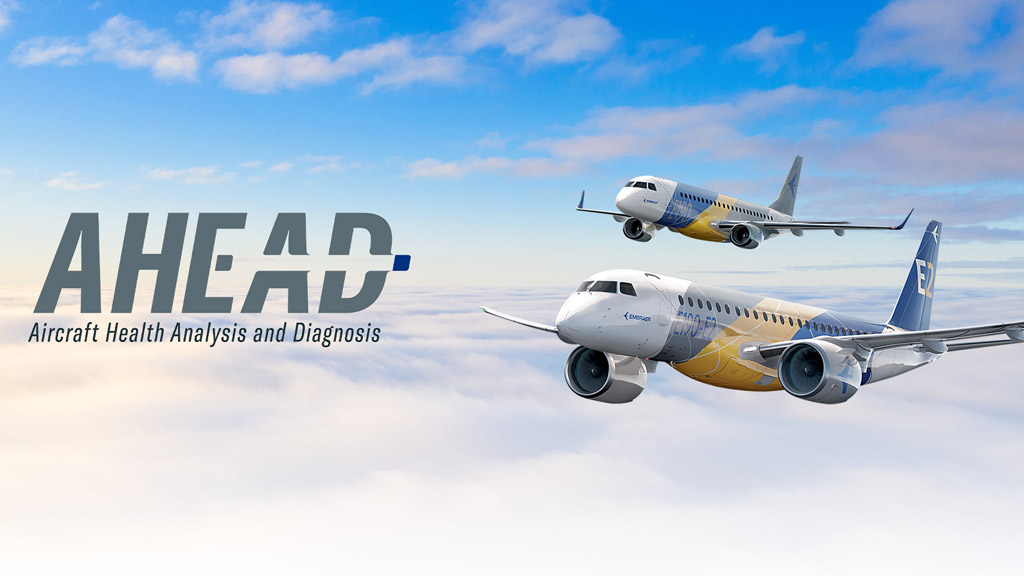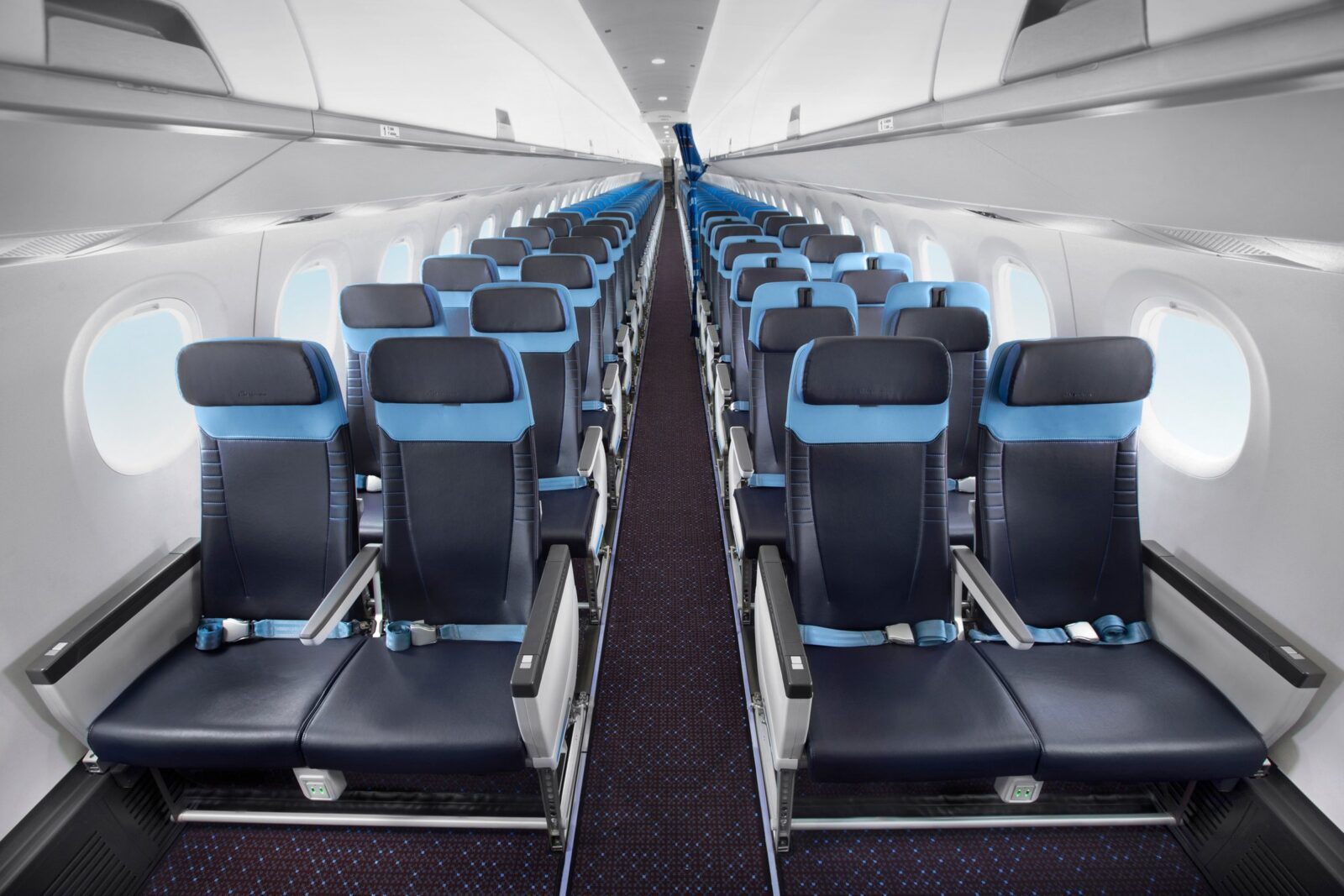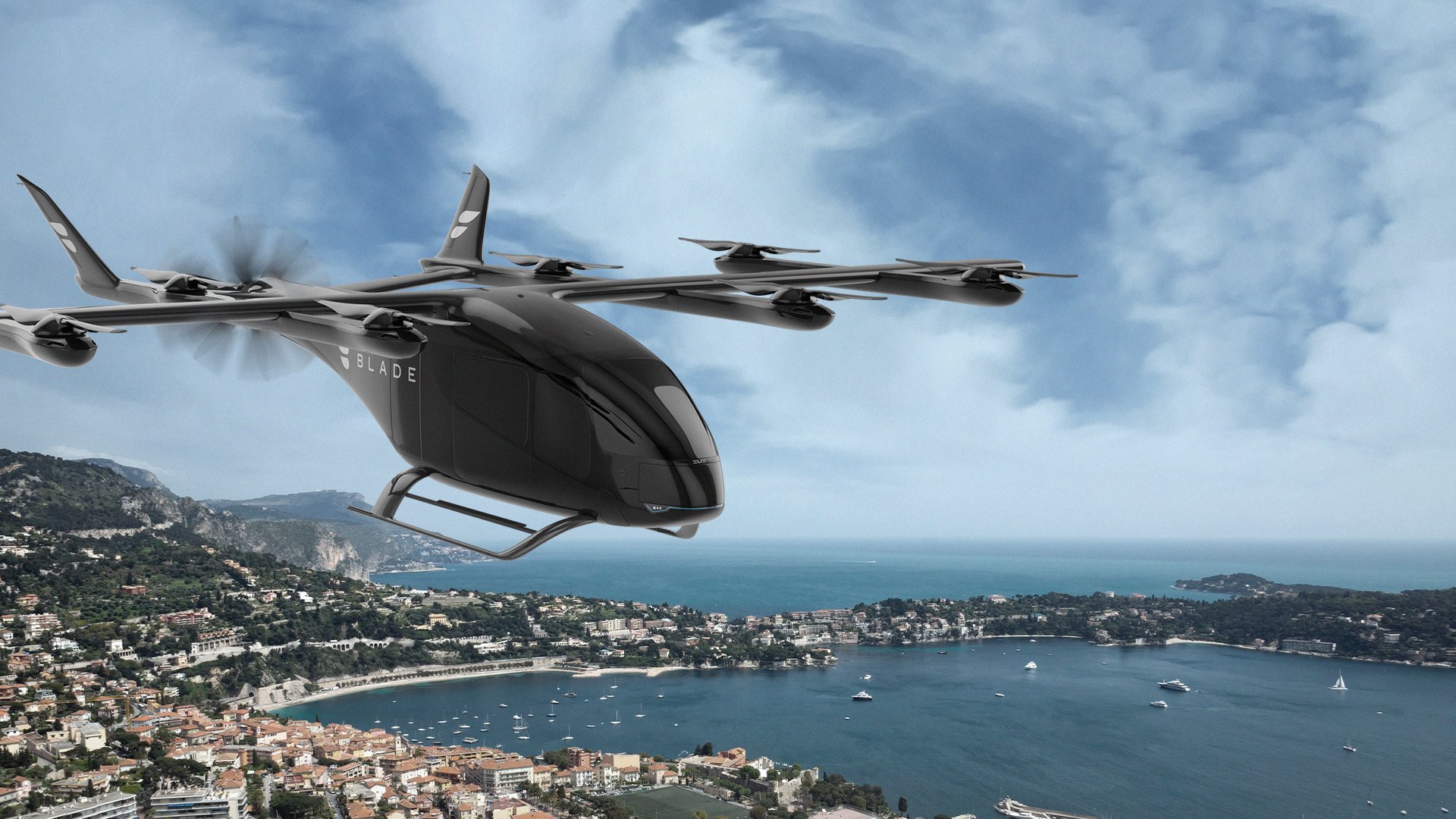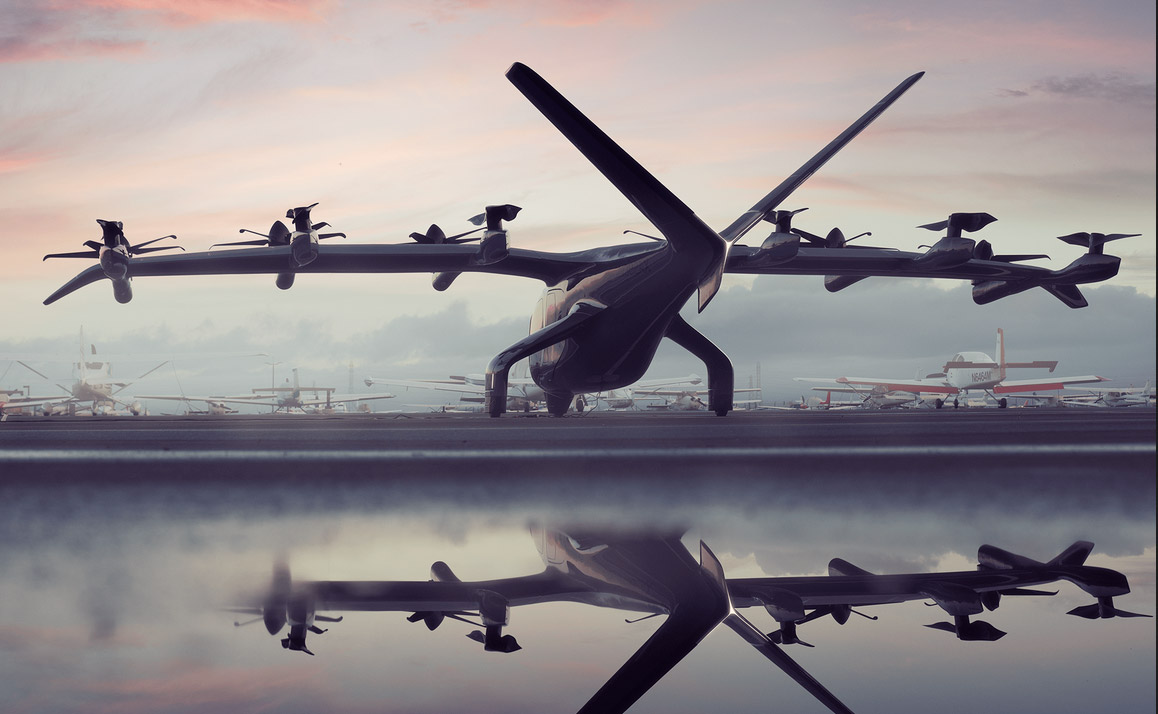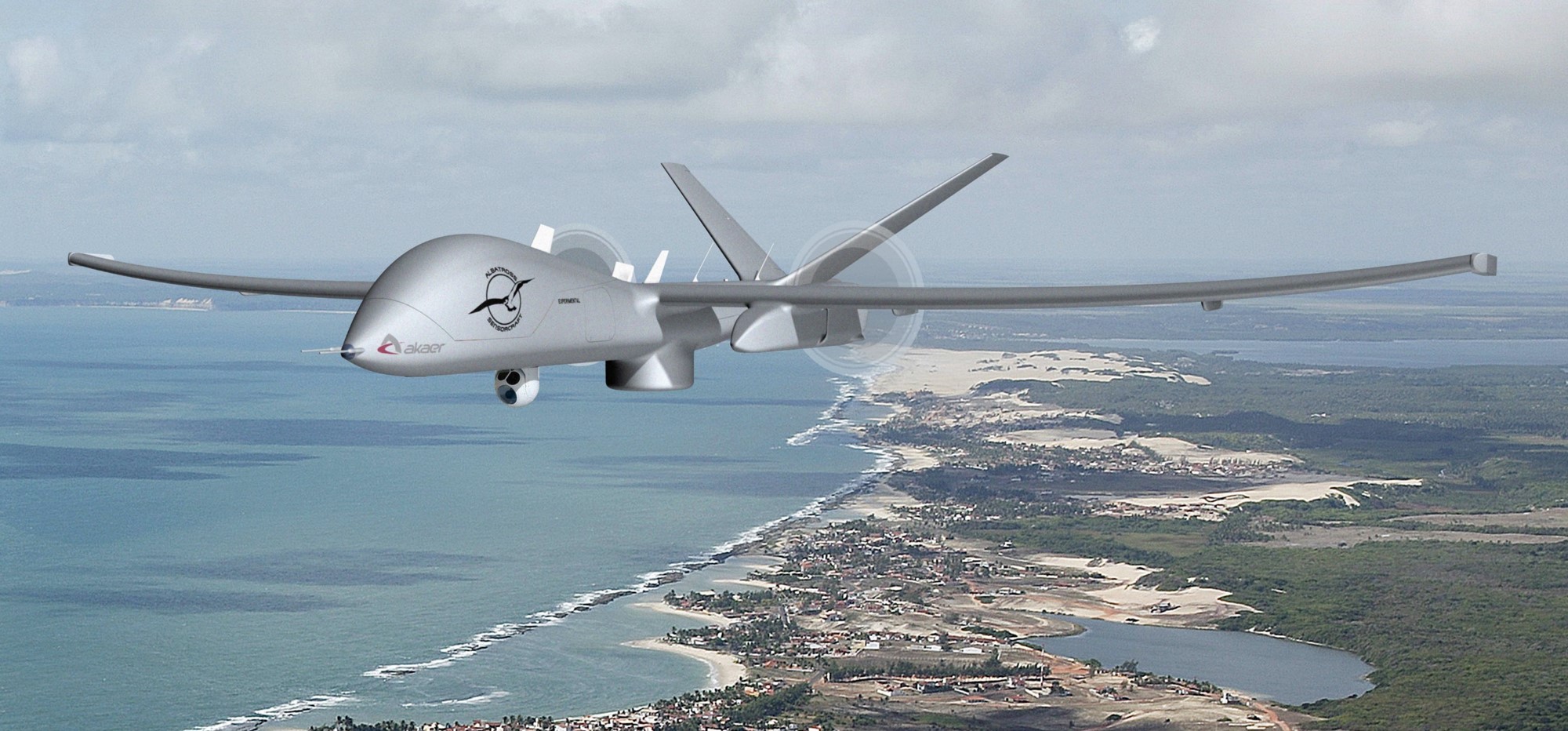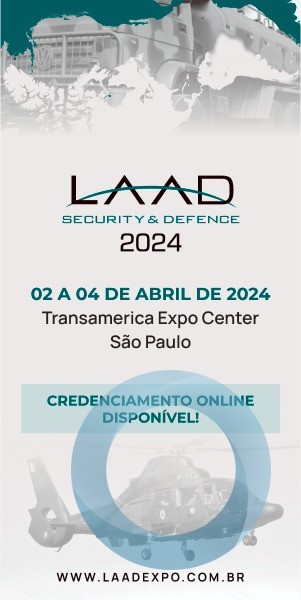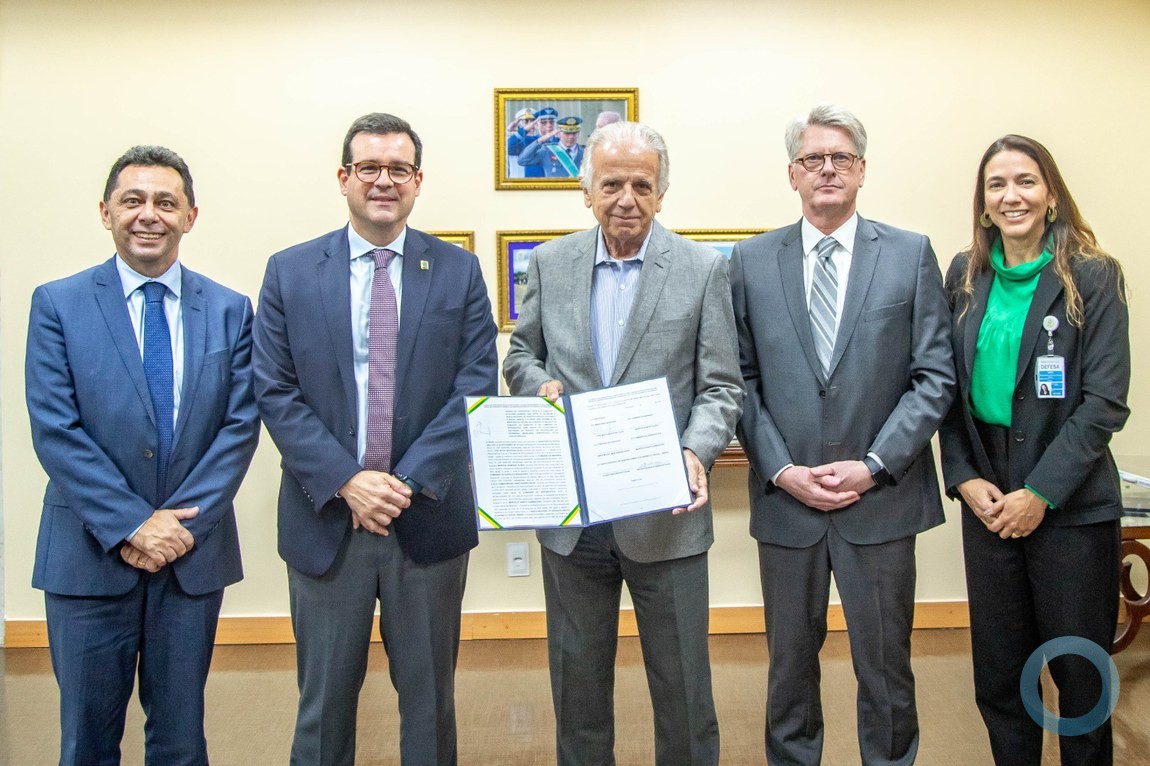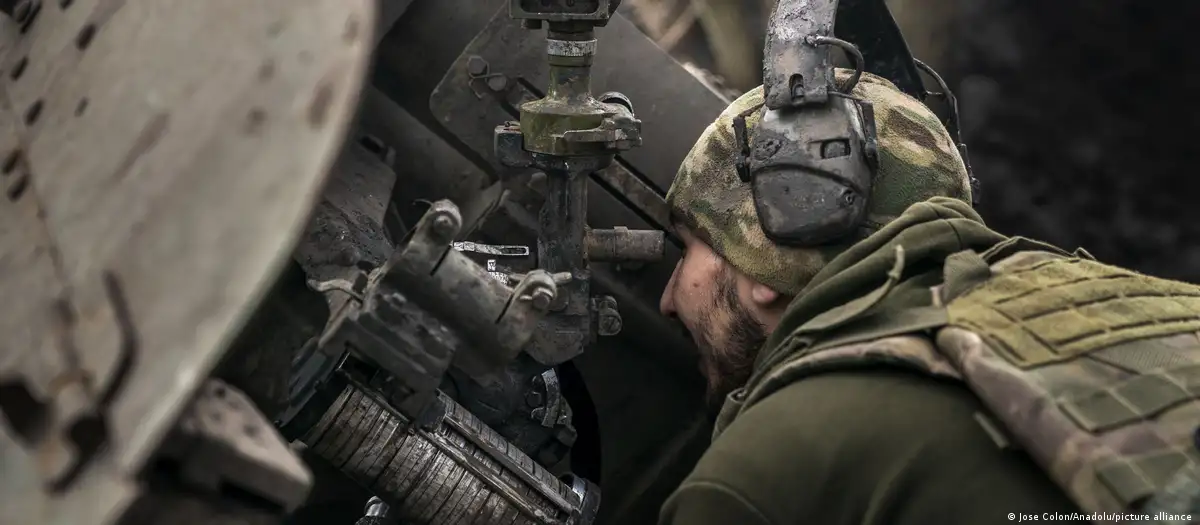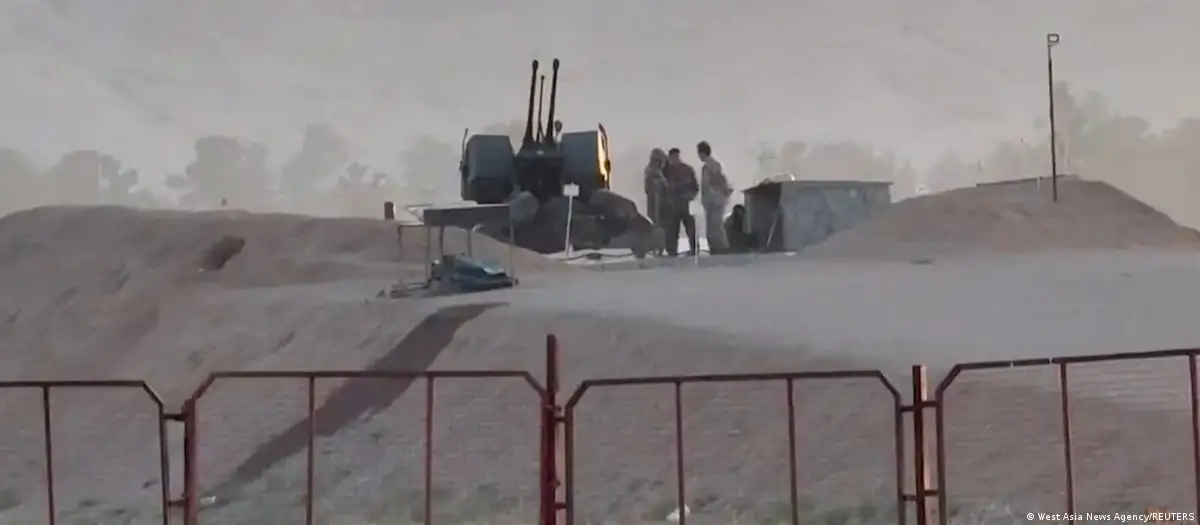Pratt & Whitney and Aircastle Limited ("Aircastle") have signed a Memorandum of Understanding for an Engine Support Agreement supporting off-wing maintenance for up to 25 Embraer E-Jet E2s, powered by PurePower engines. The PurePower PW1900G engine is the sole source powerplant on the E190-E2 and the E195-E2 jets. Deliveries are planned to begin in 2018. Pratt & Whitney is a United Technologies Corp. company.
"Aircastle is pleased for Pratt & Whitney to provide support for our engines," said Ron Wainshal, CEO. "This agreement solidifies our commitment to ensuring these aircraft will retain exceptional performance and value for years to come."
"We are honored that Aircastle has chosen Pratt & Whitney as part of the team to support the engines for their fleet," said Greg Gernhardt, president, Pratt & Whitney Commercial Engines. "No one knows our PurePower engines better than Pratt & Whitney, and we can provide the support our customers need in order to receive the full benefits of the fuel burn and reliability this engine brings to market."
The PurePower engine family has completed 19,000 hours and 34,000 cycles of full engine testing, including 5,000 hours of flight time.
Aircastle Limited acquires, leases and sells commercial jet aircraft to airlines throughout the world. As of March 31, 2015, Aircastle's aircraft portfolio consisted of 152 aircraft leased to 54 customers located in 34 countries.
Pratt & Whitney is a world leader in the design, manufacture and service of aircraft engines and auxiliary power units. United Technologies Corp., based in Hartford, Connecticut, provides high-technology systems and services to the building and aerospace industries.
This press release contains forward-looking statements concerning future business opportunities. Actual results may differ materially from those projected as a result of certain risks and uncertainties, including but not limited to changes in levels of demand in the aerospace industry, in levels of air travel, and in the number of aircraft to be built; challenges in the design, development, production and support of advanced technologies; the ability of the parties to reach a definitive agreement for the sale and support of engines; as well as other risks and uncertainties, including but not limited to those detailed from time to time in United Technologies Corp.'s Securities and Exchange Commission filings.








